Every work of art is an uncommitted crime
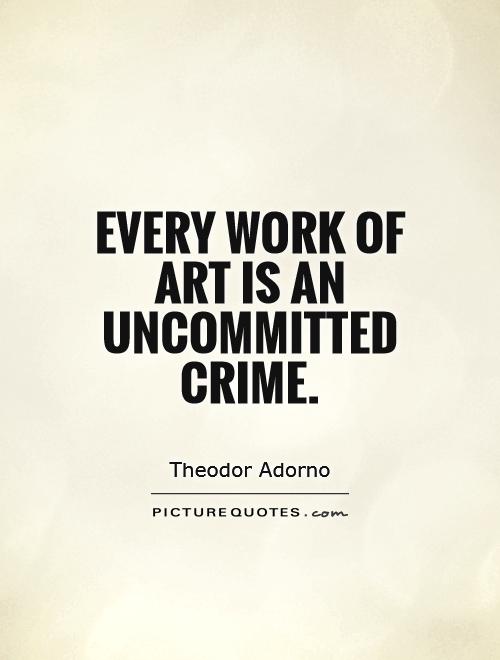
Every work of art is an uncommitted crime
The statement "Every work of art is an uncommitted crime" by Theodor Adorno is a provocative and thought-provoking assertion that challenges traditional notions of art and its role in society. Adorno, a prominent German philosopher and sociologist, was known for his critical theory and his examination of the relationship between culture, society, and politics. In this statement, he suggests that art has the potential to disrupt and challenge the status quo, to question established norms and values, and to provoke thought and reflection.Adorno believed that art had the power to subvert dominant ideologies and challenge the prevailing social order. He saw art as a form of resistance, a means of expressing dissent and critique, and a way of exposing the contradictions and injustices of society. In this sense, every work of art can be seen as a form of rebellion, a refusal to conform to the expectations and demands of the ruling class.
By describing art as an "uncommitted crime," Adorno is highlighting the subversive and transgressive nature of artistic expression. He is suggesting that art has the potential to break the rules, to challenge authority, and to disrupt the status quo. In this sense, every work of art is a form of rebellion, a refusal to accept the limitations and constraints imposed by society.
Adorno's statement also speaks to the idea that art is inherently political. He believed that art could not be divorced from its social and historical context, and that every work of art carries with it a set of political implications and consequences. By creating art that challenges the prevailing power structures and exposes the contradictions and injustices of society, artists can engage in a form of political resistance and activism.
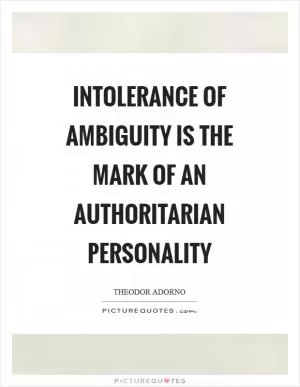
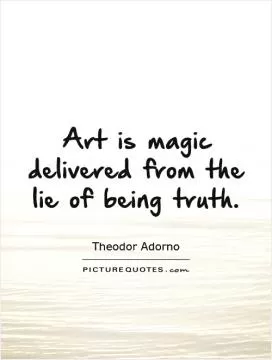
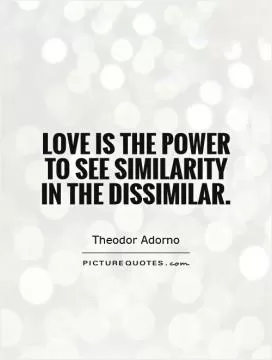

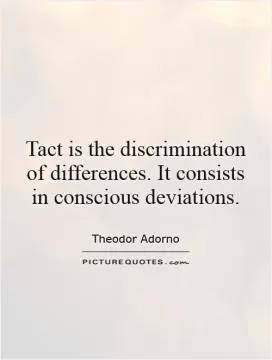







 Friendship Quotes
Friendship Quotes Love Quotes
Love Quotes Life Quotes
Life Quotes Funny Quotes
Funny Quotes Motivational Quotes
Motivational Quotes Inspirational Quotes
Inspirational Quotes